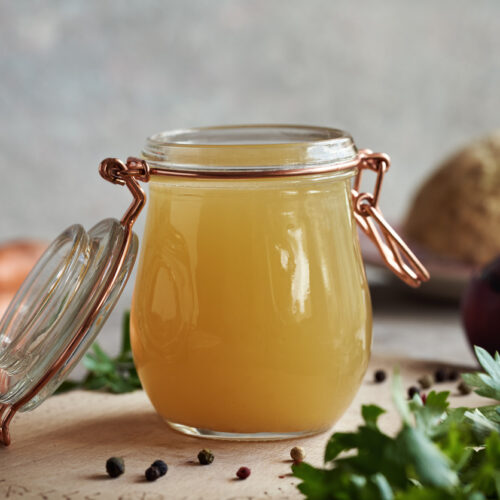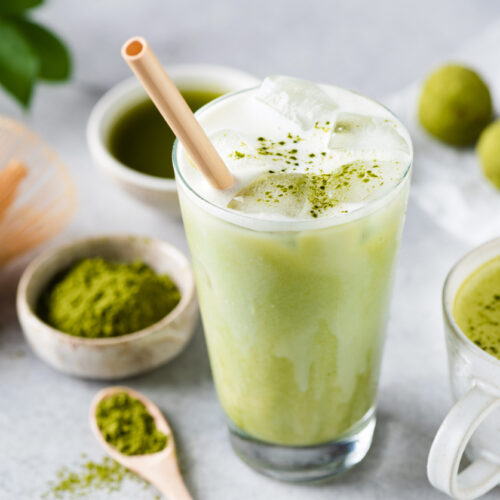
We take a light-hearted look at whether we are becoming a nation of hypochondriacs.
Anxiety is a normal reaction to stress. When this force is used for good, it helps us to focus on what is important, and to improve our performance. However, what happens when our anxiety becomes misdirected and instead of focusing on the imminent danger of something legitimate, we begin to focus on fears that may be counter-productive: like mercury poisoning from NZ fish.* From a distance we know the fear is irrational, but faced up-close with a seafood basket, our anxiety remains.
Health anxiety, or hypochondriasis, is an exaggerated fear of physical illness. In its extreme form, hypochondriasis is a debilitating illness and is not something to be made light of. However, a new, modern form of health anxiety is beginning to make itself felt; fuelled, it seems, by an abundance of information coupled with a lack of concrete answers to our fears. In the information age it seems there is a disease for every occasion and an illness for every symptom.
Why we worry
Today society and the media allow us, and possibly encourage us, to focus on things that we never thought to worry about before. We have gated communities, labels that warn us not to use our hairdryers in the shower, and food labelling that promises us food free of everything evil (fat, sugar, preservatives, colours, gluten, GM ingredients), whether or not those things were ever there in the first place.
However, psychologists and commentators point out that when you focus on something, it can make you feel disproportionately anxious and more fearful than before. For example, people who live in gated communities often feel less secure in their homes and over-estimate the rate and severity of crime in society. Furthermore, in an effect scientists call the 'availability heuristic', we tend to think that something important to us is more common than it actually is. This is the effect you experience when you buy a new car and all of a sudden you see them everywhere, until it seems like everyone has one.
Are we too sensitive?
So, is it possible we are beginning to experience a moderate form of modern hypochondria, where we worry about things that haven't even happened yet and every reassurance that all is okay worsens the fear? Do we struggle to live with the normal ambiguities of life, like hearing supermodels say they eat like horses when they look like stick insects? Maybe we could all benefit from lightening up and checking in with our commonsense about how we live and eat.
Statistical anxiety
The Ministry of Health recently broke the news that half of NZ is overweight. That doesn't sound so good, and it isn't good news for the nation. But it does mean that half of us are doing an okay job of keeping ourselves at the low-digit end of the tape measure. We often forget the positive side of the story.
So could we be reframing some of our health statistics to help keep our anxiety in perspective? Consider this:
- Statistics NZ reported in the late 1990s that 58% of NZers rate their health as very good or excellent, with 29% rating their health as good.
- A 2002/3 survey found that 54% of us had puffed, sweated and felt the burn in regular physical activity in the seven days before the survey. Add to this the 21% of people who'd also done 2½ hours of physical activity, on a less regular basis, in the week preceding the survey and we look like quite an active bunch.
So while many of us are busy worrying about our hearts, blood sugar and other things that may not happen, we're forgetting about the good stuff we're also doing.
The real threat
Maybe it's not the food we should be afraid of, but the statistics themselves? Humans have an innate drive to focus on threat and danger so it would seem we are happy to soak up the constant stream of percentages that threaten our lives.
Things like:
- The risk of having a heart attack when watching close sports matches. The British Medical Journal reported that heart attacks increased by 25% during the penalty shoot-out of the soccer world cup final in 1998.
- Music might soothe your soul, but choose your genre carefully. The Academic Emergency Medicine Journal cites Gospel music as the most likely to bring about a medical emergency with classical particularly hard on the heart, and grunge creating the most health incidents in a single day. If you want to minimise the risk, stick to rhythm and blues, which has the lowest likelihood of a medical emergency.
- 1000 people are injured each year in Britain by wheelbarrows; and 400 have accidents involving garden trowels.
- USA Emergency Departments treated 2383 cases in a single year of people swallowing batteries, most of which were small batteries mistaken for pills.
Finally, it's worth knowing that hypochondria itself can be lethal: people who worry about their health have four times the normal fatality rate.
So maybe the only solution is to relax and be merry. For tomorrow you may worry yourself sick; or worse still, be done in by a garden implement while listening to Beethoven.
*There has never been a reported case of mercury poisoning in NZ.
www.healthyfood.com










